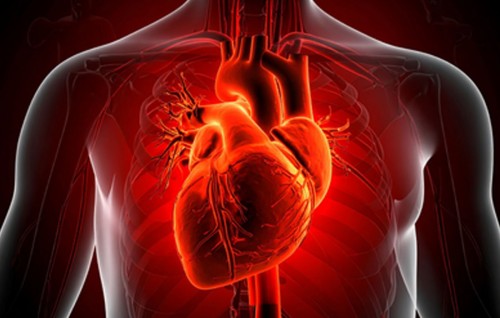


|

|
by IANS |

New Delhi, July 7 (IANS) Are you in the habit of sleeping with lights on during the night? Beware, a study led by an international team of researchers found that brighter night-time light exposure may increase the risks of five major cardiovascular diseases.
Light at night causes circadian disruption, which is a known risk factor for adverse cardiovascular outcomes. However, it is not well understood whether personal light exposure patterns predict an individual’s risk of cardiovascular diseases.
In a study of 88,905 people, yet to be peer-reviewed, researchers from the Flinders Health and Medical Research Institute, along with colleagues in the UK and the US, showed that avoiding exposure to night light may lower the risk of cardiovascular diseases.
The study posted on the pre-print site medRxiv, that night light exposure to women more, with stronger associations for heart failure and coronary artery disease. Younger participants were also found at an increased risk for heart failure and atrial fibrillation.
"Night light exposure was a significant risk factor for developing cardiovascular diseases. In addition, to current preventative measures, avoiding light at night may be a useful strategy for reducing risks of cardiovascular diseases,” the researchers said.
In the study, the team used approximately 13 million hours of personal light exposure data, tracked by wrist-worn light sensors (one week each).
The findings showed that people sleeping with the brightest nights had significantly higher risks of developing coronary artery disease, myocardial infarction (heart attack), heart failure, atrial fibrillation (irregular heartbeat), and stroke, compared to people sleeping in the dark.
The relationships were robust after adjusting for established risk factors for cardiovascular health, including physical activity, smoking, alcohol, diet, sleep duration, socioeconomic status, and polygenic risk.
The researchers explained that unnatural light may cause circadian disruption which “may trigger metabolic and vascular perturbations elevating cardiovascular risk”.
Latest News